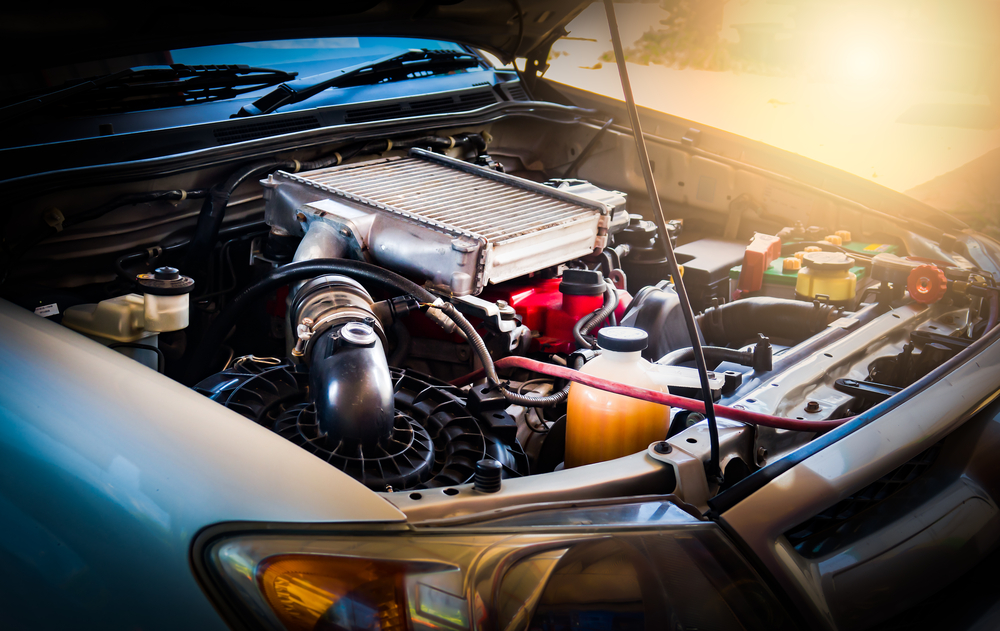Decentralized Autonomous Organizations in Manufacturing
The convergence of blockchain technology and industrial operations has given rise to a groundbreaking concept: Decentralized Autonomous Organizations (DAOs) in manufacturing. This innovative approach is reshaping traditional production models, offering unprecedented levels of transparency, efficiency, and collaborative decision-making in the industrial sector.

The Foundation of DAOs in Manufacturing
Decentralized Autonomous Organizations in manufacturing are built on blockchain technology, which allows for transparent, secure, and immutable record-keeping. At their core, these organizations operate through smart contracts – self-executing agreements with the terms directly written into code. This foundation enables automated processes, reduced intermediaries, and enhanced trust among participants.
In the manufacturing context, DAOs can encompass various aspects of the production process. From sourcing raw materials to managing production lines and distributing finished goods, every step can be governed by consensus-driven protocols. This decentralized approach not only streamlines operations but also democratizes decision-making, allowing for more agile and responsive manufacturing practices.
Revolutionizing Supply Chain Management
One of the most significant impacts of DAOs in manufacturing is on supply chain management. Traditional supply chains often suffer from lack of transparency, inefficiencies, and disputes between parties. DAOs address these issues by creating a shared, immutable ledger of all transactions and movements within the supply chain.
Smart contracts automatically execute predefined actions when certain conditions are met, such as releasing payment upon confirmation of goods received. This automation reduces delays, minimizes disputes, and enhances overall efficiency. Moreover, the transparency inherent in blockchain technology allows all participants to track the journey of products from raw materials to end consumers, ensuring authenticity and reducing the risk of counterfeit goods.
Enhancing Quality Control and Compliance
Quality control is another area where DAOs are making significant strides in manufacturing. By implementing decentralized quality assurance protocols, manufacturers can create a more robust and transparent system for ensuring product quality. Stakeholders can participate in defining quality standards, and the adherence to these standards can be automatically verified and recorded on the blockchain.
This decentralized approach to quality control not only improves product consistency but also enhances regulatory compliance. With all quality-related data stored immutably on the blockchain, manufacturers can easily demonstrate compliance with industry standards and regulatory requirements. This transparency can lead to faster audits, reduced compliance costs, and increased trust from regulators and consumers alike.
Collaborative Innovation and Design
DAOs in manufacturing are also fostering new models of collaborative innovation and design. By creating decentralized platforms for idea sharing and development, manufacturers can tap into a global pool of talent and expertise. This open innovation model allows for rapid prototyping, iterative design improvements, and the co-creation of products with end-users.
Smart contracts can be used to manage intellectual property rights and revenue sharing, ensuring fair compensation for contributors. This democratization of the innovation process not only leads to more diverse and customer-centric products but also accelerates the pace of technological advancement in the manufacturing sector.
Challenges and Considerations
While the potential of DAOs in manufacturing is immense, there are several challenges that need to be addressed for widespread adoption. One of the primary concerns is the legal and regulatory framework surrounding DAOs. As these organizations operate in a decentralized manner, traditional corporate structures and governance models may not apply, creating uncertainty in terms of liability and accountability.
Another challenge lies in the technical complexity of implementing and maintaining DAOs. Manufacturing companies will need to invest in blockchain infrastructure and develop the necessary expertise to manage these systems effectively. Additionally, integrating DAOs with existing manufacturing processes and legacy systems can be a complex and time-consuming process.
Key Insights for Implementing DAOs in Manufacturing
• Start small: Begin with pilot projects in specific areas of operations before scaling up.
• Educate stakeholders: Ensure all participants understand the principles and benefits of DAOs.
• Develop clear governance structures: Define decision-making processes and voting mechanisms.
• Prioritize cybersecurity: Implement robust security measures to protect the integrity of the DAO.
• Foster a culture of collaboration: Encourage participation and input from all levels of the organization.
The integration of Decentralized Autonomous Organizations into manufacturing represents a transformative shift in industrial operations. By leveraging blockchain technology and smart contracts, DAOs offer unprecedented levels of transparency, efficiency, and collaborative decision-making. As the manufacturing sector continues to evolve, DAOs have the potential to create more resilient, adaptive, and innovative production ecosystems. While challenges remain, the benefits of this decentralized approach suggest that DAOs will play an increasingly important role in shaping the future of manufacturing.






